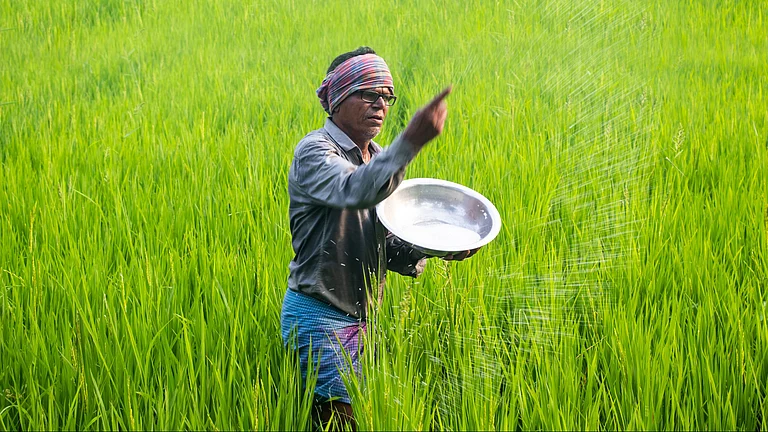Repo rate is the rate at which central bank of a country, in case of India, Reserve Bank Of India lends money to commercial banks. Banks need to deposit securities such as treasury bills or government bonds as collateral to avail these loans. This is generally taken as a short term loan by any banks when there is a shortage of cash.
As per the analysts, RBI will continue monetary tightening in order to slay in line with its global peers. As the central bank continues to fight inflation, a moderate hike of 25 bps (basis points) in interest rate is expected.
If we take a look at the data, the central bank has hiked the repo rate by 250 bps since May 2022. While these hikes varied from 50 bps to 25 bps, the upcoming MPC decision, as per analysts, may be the last hike in the key interest rate, if RBI favours the same. The current repo rate 2023 stands at 6.50 per cent.
Several banks have increased their borrowing rates, by 10 bps for all tenor with effect from February 15, 2023, while some are likely to increase their rates soon after this hike by the central bank of India.
What Is Reverse Repo Rate?
It is the rate at which the Reserve Bank of India borrows money from the commercial banks within the country. It is a monetary policy instrument which can be used to control the supply of money in the country.
What Is The Impact Of Repo Rate Hike?
In simple language the cost of borrowing for retail and other loans by the banks also rises. The banks will pass on the increasing cost to the borrowers by hiking the interest rates on multiple loans.
Why Banking Rates Are Higher Than The Repo Rate?
Banks borrows money from the RBI and lends money to their customers at increased interest rate and makes profit out of this process. This profit is a crucial tool to control liquidity. Or a bank run is always possible to happen.
Basic Dfference Between Interest Rate And Repo Rate
The repo rate influences the prime interest rate, which in reverse affects the interest rate of your personal loan. The interest rate is what you are actually supposed to pay over and above the EMI to the bank in order to pay back your personal loan to the bank.
Can The Repo Rate Be Decreased?
Yes, it can, it means that borrowers may be able to get various loans at lower interest rates from lenders. This results in making the commodities cheaper due to cheaper interest rates, hence benefiting people, who are the end consumers.
Who Decides The Repo Rate And Reverse Repo Rate?
The RBI governor Shaktikanta Das, who heads a Monetary Policy Committee (MPC), which determines the policy repo rate needed to achieve the inflation target. The MPC is required to meet a minimum of four times a year.
Why Are We Expecting A Repo Rate Hike In This MPC Meeting?
It all starts as a chain reaction, since the European Central Bank (ECB) and the US Federal Reserve have hiked their interest rates, it is a promising prospect that RBI will also follow the pattern and increase the repo rate to try and control the inflation as it is a pressing issue for RBI.
































